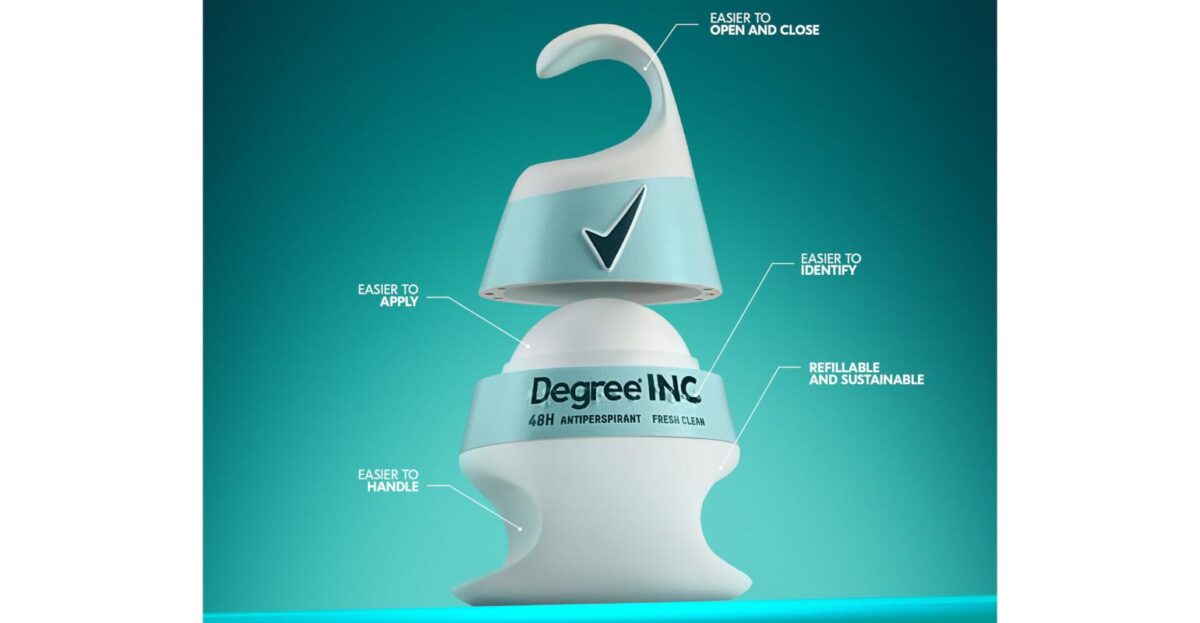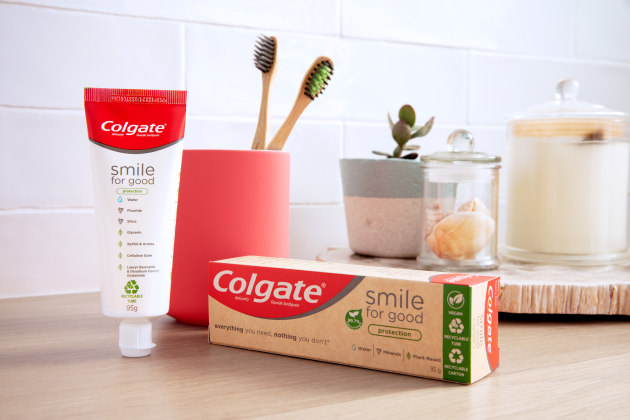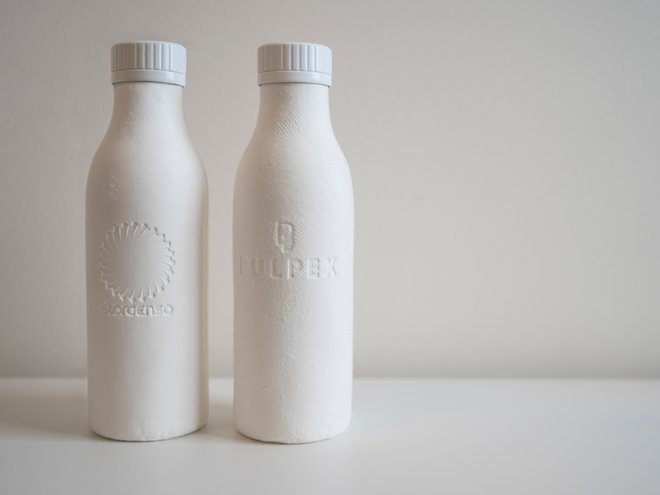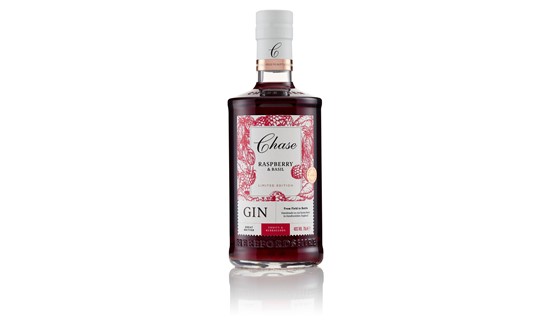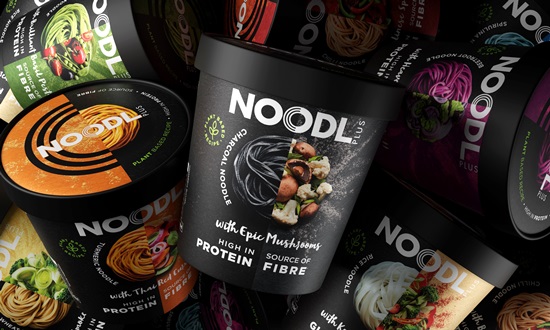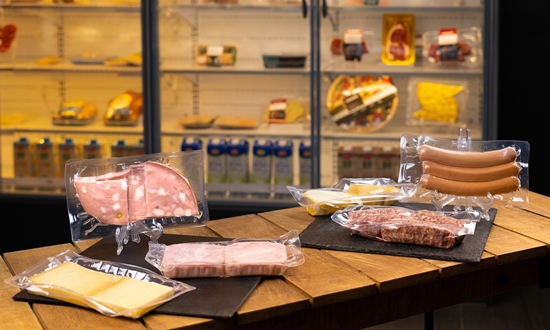Refillable packaging for the new Degree Inclusive deodorant is easy to open and apply for people with visual impairment and upper limb motor disabilities.
As society becomes more aware of inequalities in life, brands are acting to show they have heard, and to show they care. One such example is the new Degree Inclusive deodorant from Unilever, currently in trial.
Degree Inclusive is the first deodorant product that comes in packaging specially designed for people with disabilities such as vision loss and missing or impaired upper limbs. People with limited arm mobility have trouble twisting a deodorant cap, turning a stick, or pushing down on a spray can — typical actions required with current packages. So, Degree reached out to occupational therapists, engineers, consultants, and designers from Wunderman Thompson — as well as getting input from people living with disabilities — to create an easy-to-apply deodorant package.
Unique features of the prototype package are:
• A hooked design for one-hand use.
• Magnetic closures for easy cap removal and reclosing.
• Ergonomic grip for easier application for users with limited mobility or no arms.
• Braille instructions on the label for users with impaired or no vision.
• A larger roll-on applicator to reach more surface area per swipe.
As society becomes more aware of inequalities in life, brands are acting to show they have heard, and to show they care. One such example is the new Degree Inclusive deodorant from Unilever, currently in trial.
Degree Inclusive is the first deodorant product that comes in packaging specially designed for people with disabilities such as vision loss and missing or impaired upper limbs. People with limited arm mobility have trouble twisting a deodorant cap, turning a stick, or pushing down on a spray can — typical actions required with current packages. So, Degree reached out to occupational therapists, engineers, consultants, and designers from Wunderman Thompson — as well as getting input from people living with disabilities — to create an easy-to-apply deodorant package.
Unique features of the prototype package are:
• A hooked design for one-hand use.
• Magnetic closures for easy cap removal and reclosing.
• Ergonomic grip for easier application for users with limited mobility or no arms.
• Braille instructions on the label for users with impaired or no vision.
• A larger roll-on applicator to reach more surface area per swipe.
You can see people using the new product/package in this video:https://www.youtube.com/embed/AuV0evL5YyQ
Degree has invited 200 people with disabilities in the US to try this new product, working in partnership with The Chicago Lighthouse, Open Style Lab, and Muscular Dystrophy Association. Participants have been asked to share their feedback on the product and the package, including functionality and messaging. Their input will help improve the product/package for its future commercial launch.
Design studio SOUR created the 200+ prototypes for Degree’s user trial. “While the early prototypes were 3D printed in-house for rapid iteration,” says Pinar Guvenc, partner at SOUR, “the final prototype has been produced through reaction injection molding.”
She tells Packaging Digest that the prototype holds approximately 40 milliliters of liquid deodorant, but the package is flexible in design so it could hold 50 to 75 ml for the commercial product.
Scents and sensitivities.
In addition to addressing physical disabilities, Degree Inclusive also takes other key issues into account: gender neutrality and sustainability.
Degree opted for a gender-neutral package and fragrance. As Guvenc explains, “A gender-neutral fragrance has been created as the pack is also designed to be gender-neutral. The scent is also very light to account for people with sensitivity in sense of smell.”
Two other considerations might be an influence in this decision as well:
• One, the number of disabled adults in America (about 28 million, according to 2019 US Census numbers) is a small percentage of total adults (about 252 million). So, the relatively small target audience probably couldn’t support multiple stock-keeping units (SKUs). Hence, a gender-neutral package makes sense from a financial and production point of view. However, once the commercial package is available, Degree might find that consumers who are not disabled could be interested in buying this product because of the slick-looking package that’s highly functional.
• Two, a gender-neutral package and fragrance shows sensitivity to today’s social attention on gender identity. That could resonate with like-minded consumers from a marketing/messaging perspective.
Regarding sustainability, the personal care product comes in a durable plastic package ultimately designed to be refillable to help reduce plastic consumption. But the refill pack doesn’t exist yet, according to Guvenc, so we don’t know what it looks like or how easy it would be to handle and replace. “The refill pack will be designed after gathering feedback on the roll-on prototype trial,” she says.
An affordable refill pack could also be part of the economics of the package, which looks pretty expensive compared to the typical deodorant applicator. Degree’s public relations firm was not able to answer our question on the product’s suggested retail price since this product is just being trialed.
But the model of high-end, or even luxury, packaging that’s designed to be robust enough for multiple reuses seems to be catching on with sustainably-minded consumers, as evidenced by the success of Loop, the circular shopping platform that enables consumers to buy branded products in durable, not disposable, packaging.
Source

